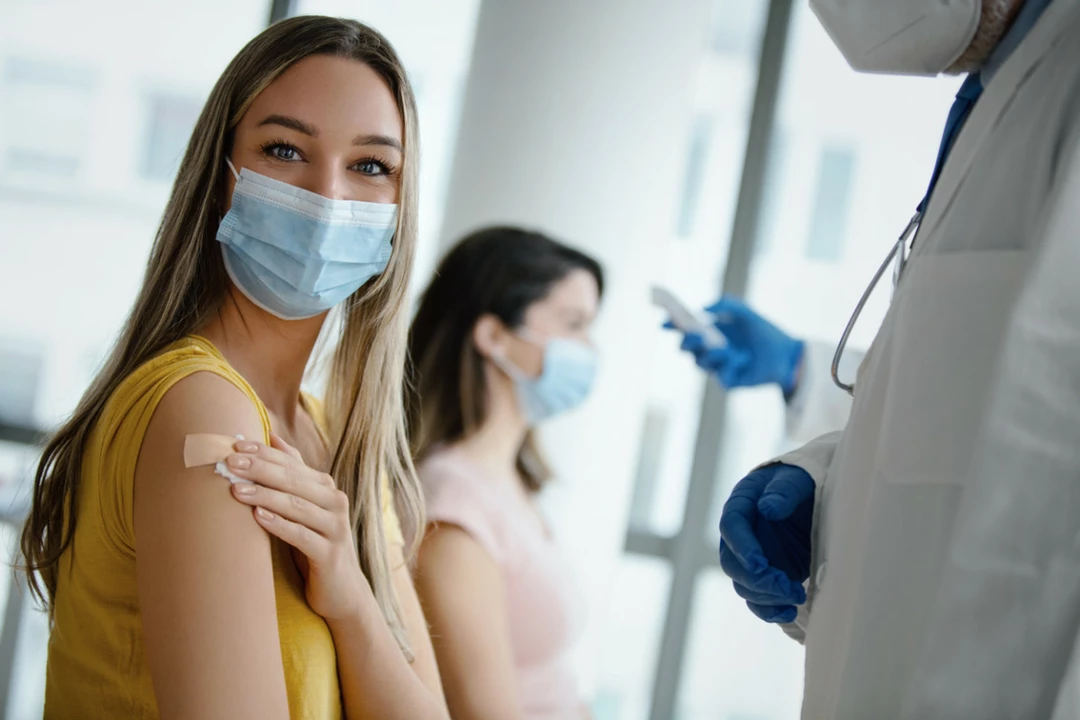Precautions: Simple Checks That Keep Your Medicines Safe
One tiny oversight—like mixing prescriptions with a grapefruit—can turn a helpful drug into a problem. Use a few plain checks every time you get a medicine and you’ll avoid most common risks. Below are fast, practical steps you can do right now.
Before you start a new medicine
Tell your doctor and pharmacist about every drug, supplement, and herb you take. That includes vitamins and stuff you buy over the counter. Some drugs interact in surprising ways—cancer meds like alpelisib or ibrutinib need careful review and extra blood tests. If a medication label or your provider mentions interactions, get specifics: which drug to stop, how long to wait, and what tests to expect.
Check allergies and past reactions. If you once had a rash, breathing trouble, or severe nausea from a drug, write it down. Don’t risk trying the same group of medicines without medical advice. For example, antibiotics and certain antidepressants can cause bad reactions in people with specific histories.
If you’re pregnant, trying to get pregnant, or breastfeeding, double-check. Some drugs—like Depakote—have serious risks for pregnancy and need a plan. Your doctor can suggest safer options or additional monitoring.
Daily habits and what to watch for
Read the label every time. Note dose, timing, food instructions (take with food or on an empty stomach), and storage. Some drugs lose strength if left in a hot car or in direct sunlight. Many inhalers, insulin, and some capsules have clear storage needs—follow them.
Make a plan for missed doses. A single missed dose often has a simple fix, but doubling up can be harmful for some meds. Your pharmacist can tell you what to do if you skip a dose of blood pressure medicine, Depakote, or an antibiotic like erythromycin.
Watch for early warning signs: new dizziness, sudden rash, trouble breathing, severe stomach pain, or yellowing of the skin. These can be signs you need medical help now. For drugs that require lab checks, like blood counts or liver tests, set reminders for those appointments.
Buying medicine online? Be cautious. Confirm the site requires a prescription, shows clear contact info, and lists a real pharmacy license. Fake pharmacies sell wrong doses or counterfeit pills. If you’re ordering antibiotics like Fosfomycin or prescription antivirals like Valtrex online, ask how they verify prescriptions and where shipments come from.
Keep a current medication list on your phone and in your wallet. Update it after every doctor visit. Bring it to every appointment and share it with any new pharmacist or specialist. That one list prevents repeated mistakes and stops dangerous interactions.
Ask questions. A quick call or message to your pharmacist can save a trip to the ER. If you’re unsure about side effects, alternatives, or how long to take a drug, ask now—don’t guess.
Small routine checks protect your health more than luck. Use the steps above and you’ll cut most risks tied to prescriptions, supplements, and online orders.

Methocarbamol and Drug Testing: What You Need to Know
As a blogger, I recently researched Methocarbamol and drug testing, and I want to share some important information with you all. Methocarbamol is a muscle relaxant commonly prescribed to alleviate pain and discomfort caused by muscle spasms. While it's not considered a controlled substance, it's essential to be aware of its potential impact on drug tests. Typically, Methocarbamol doesn't show up on standard drug tests as it's not considered a drug of abuse. However, if you're taking Methocarbamol and have an upcoming drug test, it's always best to inform the testing facility to avoid any confusion or false-positive results.
read more
The impact of the flu on people with disabilities: Risks and precautions
As a blogger, I've recently delved into the topic of how the flu affects people with disabilities. I've discovered that these individuals are at a higher risk of severe complications or even hospitalization. Consequently, it's crucial for them and their caregivers to take necessary precautions such as getting vaccinated and maintaining good hygiene. Additionally, having a strong support system and staying informed about flu prevention methods can make a significant difference in their health and well-being. Let's all do our part in raising awareness and protecting our most vulnerable community members.
read more
